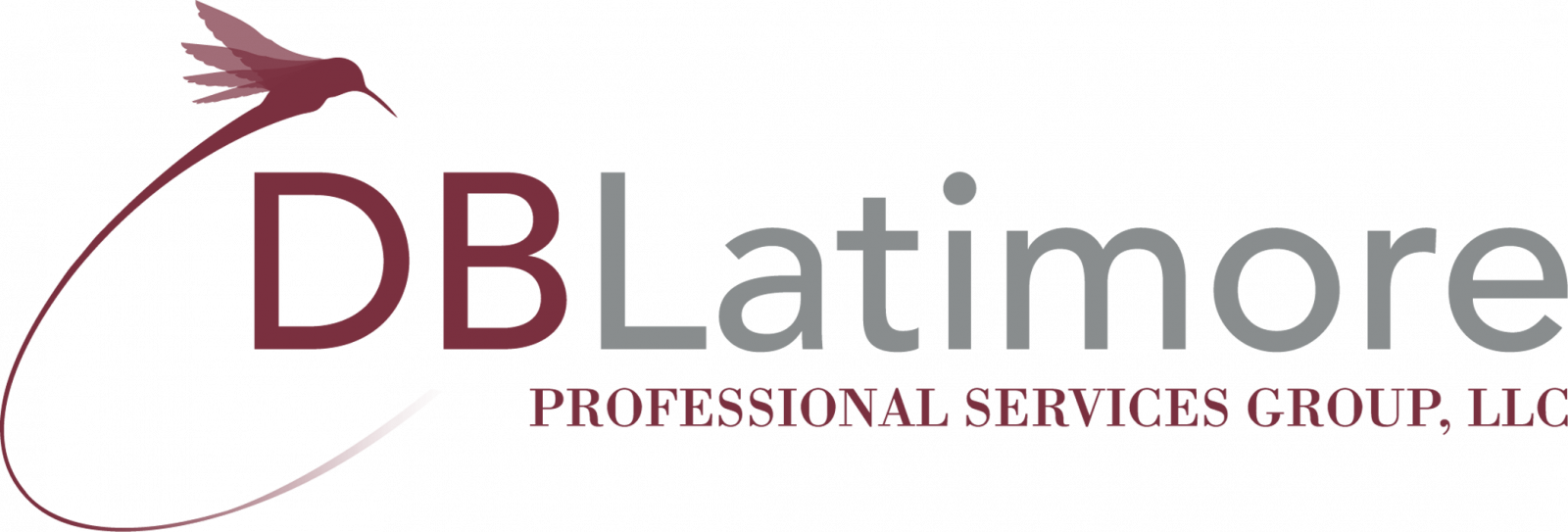I have had the privilege to work with two leaders in my career that had excellent executive presence and more important the gift to be present and in the moment. The first in 1997 and the second in 2006. Working for these gentlemen was definitely a leadership development experience for me because, I have often referred to myself as having the attention span of a six-year-old. I became intrigued with their ability to engage at all levels, to listen for content, to ask clarifying questions and to respond to situations with dignity and respect. In every situation, these two gentlemen gave their full attention. Both coached me on my presence, sharing that the most important meeting you have is the one where you are at the moment. I began to model their behaviors in both my professional and personal life and as a result developed stronger and more meaningful relationships
The way to live a full and rich life, to deepen our connections with others and to experience true intimacy is by staying in the present moment. Yet much of what we do and how we live takes us out of the present and ricochets us into some unknown future or drags us back into the mire of the past. Other times, we simply “space out,” disconnect from where we are, who we’re with, and what we’re doing.
The great spiritual teacher Thich Nhat Hanh said mindfulness is to be present in the present moment. Take the following quiz to discover how much, and in what ways you detach from the present moment.
T/F 1. I have a tendency to live in the future, projecting into tomorrow, or next week or even years from now.
T/F 2. I spend much of my time thinking about the past, replaying conversations or reliving incidents or events, or I play “what if” in my mind.
T/F 3. Sometimes when I’m in conversation with someone, I can’t remember what was just said.
T/F 4. When eating a meal, my family often watches TV or videos or reads.
T/F 5. In talking with someone, I think of how I’m going to respond rather than listening to what the other person is saying.
T/F 6. I tend to worry.
T/F 7. I try to figure out how things will work out or what someone else will do.
T/F 8. I allow the telephone or pager to interrupt whatever I’m doing.
T/F 9. I often/frequently hope for something better or different.
T/F 10. I often/frequently dread something worse will happen.
T/F 11. I find myself always busy, with never an empty or spare moment.
T/F 12. When I am feeling uncomfortable in a situation, I change the subject or get up and move around, or get something to eat/drink/smoke/do.
T/F 13. In some situations, I find myself getting sleepy or yawning when I’m not really tired.
T/F 14. I find it difficult to maintain eye contact when I’m talking with someone.
T/F 15. Sometimes I can’t remember what I just read or I don’t know what just took place in the movie or video I’m watching.
T/F 16. When I’m with certain people, we talk about others (gossiping, discussing shortcomings or talking about their problems).
T/F 17. I take my cell phone everywhere and it’s always on.
T/F 18. My conversations with others tend to be about superficial subjects.
T/F 19. Rather than staying with my emotions and naming them (“I am feeling…”), I attempt to alter the feelings.
T/F 20. In my family or with my partner, we watch TV programs that we don’t really care about rather than interact with each other.
Many of us may feel a push-pull when it comes to intimacy. We want to be closer to others, but the vulnerability that it demands is too frightening. Or we may feel restless or distracted or just plain uncomfortable when we attempt to stay in the present. If you have any questions or you’d like to talk about your response to this quiz, please don’t hesitate to contact me.
Author’s content used under license, © 2008 Claire Communications



